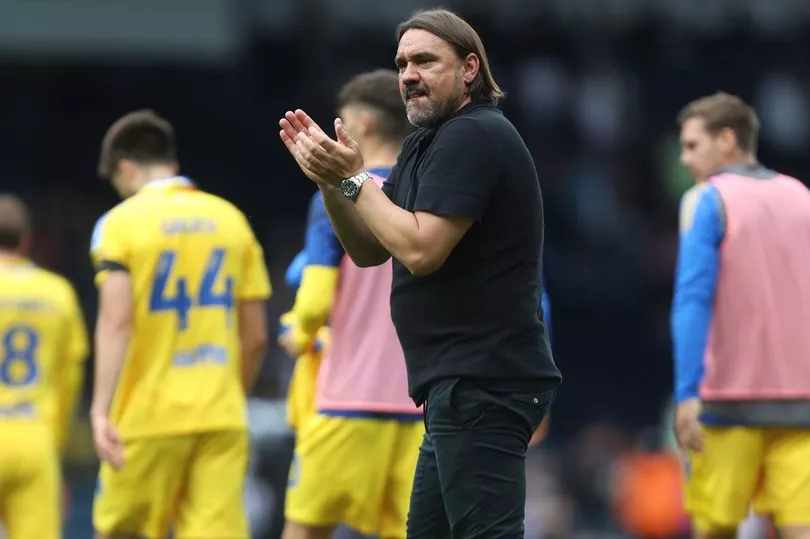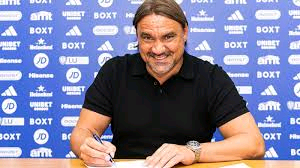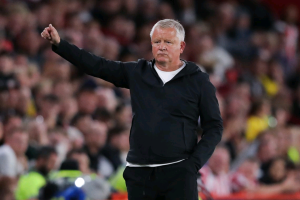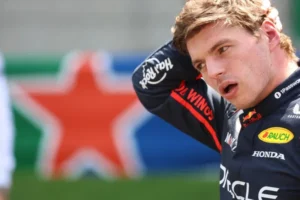BREAKING: Leeds United’s necessary evil as key decision needed to… Read More

Leeds United’s necessary evil as key decision needed to… Read More
Leeds United’s recent match against West Bromwich Albion was far from inspiring, but it represented a crucial reset for Daniel Farke’s side. Despite a strong pre-season and early dominance against Portsmouth, the past week had threatened to unravel their momentum. A draw against Portsmouth, a heavy defeat to Middlesbrough, and the loss of key player Georginio Rutter without any new signings in four weeks left the club and its fans in a precarious state.
Farke, aware of the growing unease, prioritized stability over style in their first away game at The Hawthorns. The decision to focus on securing a clean sheet rather than pushing for an aggressive attacking performance was a calculated move to restore confidence in the team. West Brom had the upper hand, buoyed by a strong start to their season, and Farke’s own poor record at the venue added to the caution. Ultimately, the goalless draw was not about showcasing promotion credentials but about stopping the rot before it began.
A key talking point from the match was Farke’s decision to continue using Joel Piroe in a central attacking role, a choice that has come under increasing scrutiny. Since joining from Swansea City, Piroe has struggled to adapt to the role Farke envisions for him. Against West Brom, Piroe had the lowest pass success rate among Leeds’ starters, completing only seven of twelve attempted passes, none of which were key passes. He appeared crowded, rushed, and off-form, even in his typically strong area of shooting.
Fans have grown frustrated with Farke’s tactics, many of which have lingered from a disappointing finish to last season. The cautious approach at The Hawthorns, particularly in the first half, did little to appease supporters. Moments where the team had opportunities to attack were instead met with conservative backward passes, further fueling discontent. With creative and match-winning players like Crysencio Summerville and Rutter absent, the pressure on Farke’s tactical decisions is greater than ever.
Looking ahead, the challenges for Leeds are set to continue. Their next match against Sheffield Wednesday, a team in strong form under Danny Röhl, will be another tough test. Farke may opt for a similarly pragmatic approach, prioritizing defensive solidity over expansive football, but how patient the fans will remain with this strategy is uncertain. A point might keep them unbeaten, but three points from a possible nine would still be a modest start to the season.
Adding to the urgency is the lack of transfer activity. It has been over four weeks since Leeds last made a signing, with Jayden Bogle being the most recent addition. Farke has been vocal about his desire for a new full-back and central midfielder, but no reinforcements have arrived. The club’s strategy of waiting for the best possible targets is understandable, yet it has left them vulnerable as the transfer window’s end approaches. With four new signings, including two top-tier attackers, needed, the pressure to act is mounting.
The draw at The Hawthorns may not have been entertaining, but it served a purpose. Leeds United have halted their slide, at least temporarily, but without swift action in the transfer market, they risk enduring an insufferable final week before the window closes. The next few days will be crucial in determining whether Leeds can build on this stability or face further frustration in their pursuit of promotion.








